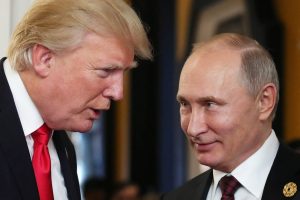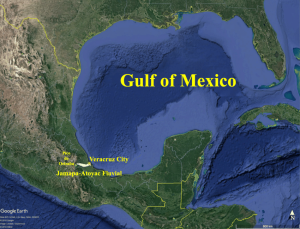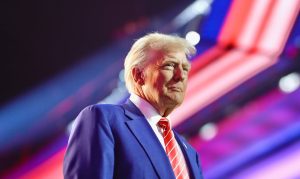The American Institute for International Steel (AIIS), SIM-TEX, LP and KURT ORBAN PARTNERS, LLC, the latter two both companies owned by the AIIS, recently filed suit in the United States Court of International Trade in New York City against the 25% tariff imposed on imported steel by US President Donald Trump.
The filed lawsuit aims to obtain a declaration that the tariffs put in place by Trump are unconstitutional and further enforcement of the tariffs should be stopped.
Below Lawyer Monthly has heard expert commentary from two very relevant sources, each with their own thoughts on the matter.
Geoffrey Morgan, Founding Partner, Morgan Legal Group:
When President Trump imposed a 25% tariff on steel imported from the European Union, Canada and Mexico, it angered two groups of people: those who are forced to pay the tariffs – primarily US companies that use large amounts of steel and are unable to pass on the increased costs to others; and those whose livelihood depend on handling large amounts of steel –transport workers, logistics companies, and longshoremen.
The American Institute for International Steel (AIIS), the only steel-related trade group that supports free trade to advance economic growth, has filed a lawsuit challenging the constitutionality of the law granting the President broad power to impose tariffs if it is believed that the quantity or other circumstances of such imports pose a threat to national security. The AIIS does not base its suit on whether national security is affected; rather, it alleges that Section 232 of the Trade Expansion Act of 1962 – enacted more than 50 years ago – failed to provide Congress any meaningful oversight of the President’s actions.
According to the AIIS’s suit, because the law “allows the President a virtually unlimited range of options,” it creates an unlawful delegation of legislative authority to the President in violation of Article 1 Section 1 of the Constitution. This argument will not be easily defended by the AIIS and its member companies. Section 232 of the Act is rarely used and, in fact, has not been invoked since the formation of the World Trade Organization in 1995. Congress could, of course, amend the Act, but it has shown little interest in doing so. Further, the American Iron and Steel Institute has come out in defense of the tariff for its benefit to US steelmakers as previously described.
The case is being brought before a three-judge panel of the Court of International Trade. Although the majority of judges were appointed by democratic presidents, it remains to unclear whether political ideology, rather than geography, will be a predictor of outcome. Regardless, it is likely the Court’s ruling will be appealed in the US Supreme Court, whose recent rulings have been right-of-center.
Demonstrating the unconstitutionality of Section 232 will prove a long and expensive battle for AIIS and its members. In the meantime, the President’s tariffs will stand and the case will continue to be tried in the court of public opinion.
Robert Soza, Jr., Partner, Jackson Walker, Globalaw:
In March, President Trump exercised his authority under Section 232 of the Trade Expansion Act of 1962 to declare a threat to national security from imports of steel and aluminum and imposed a 25% tariff on steel and a 10% tariff on aluminum. On June 27, 2018, a steel-industry trade association and two steel importers (the Steel Importers) filed suit in the US Court of International Trade seeking an injunction to prevent these tariffs from going into effect. They argued that Section 232 is an unconstitutional delegation to the President of Congressional taxing authority.
However, looking at Supreme Court precedent in cases where delegation challenges have been asserted, and one case involving Section 232, indicates that the Steel Importers will face significant obstacles to winning their case.
Not since 1935, when the US Supreme Court struck down Roosevelt New Deal legislation, has the Court invalidated a law delegating rule-making authority to the President. The Supreme Court has, however, referred to the delegation doctrine to narrowly construe a statute, including in the case brought by the National Cable Television Association in 1974 where the Court believed Congress impermissibly delegated to the President the power to tax.
The President’s authority under Section 232 was reviewed by the US Supreme Court in 1976 when President Nixon used Section 232 to increase license fees for the importation of crude oil into the United States. In the case of Federal Energy Administration v. Algonquin SG, Inc. in 1976, the Court held that because Section 232 contains clear preconditions to Presidential action and provides the President with specific tools to address any national security threat, it was not an improper delegation. In other cases where the Court has reviewed executive action, it has noted that “[w]hen the President acts pursuant to an express or implied authorization from Congress, he . . . would be supported by the strongest of presumptions and the widest latitude of judicial interpretation, and the burden of persuasion would rest heavily upon any who might attack it.” (See Dames & Moore v. Regan).
The US Government’s answer in the current case is due on August 27, and it will likely seek an early dismissal of this case, bolstered by the strong precedent outlined here.
We would also love to hear more of Your Thoughts on this, so feel free to comment below and tell us what you think!




















